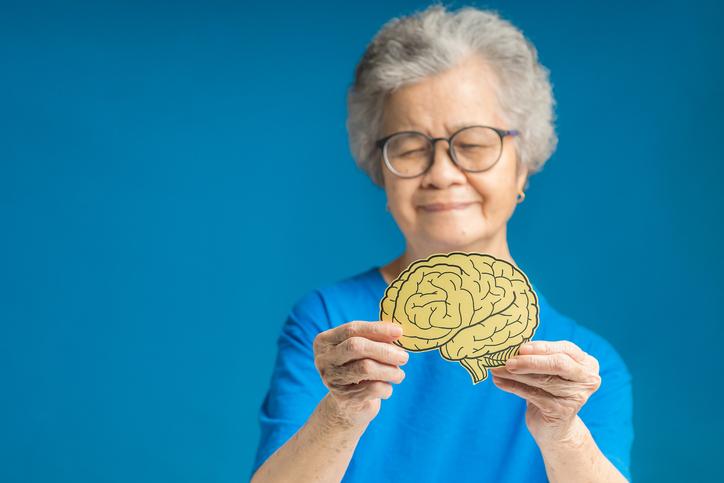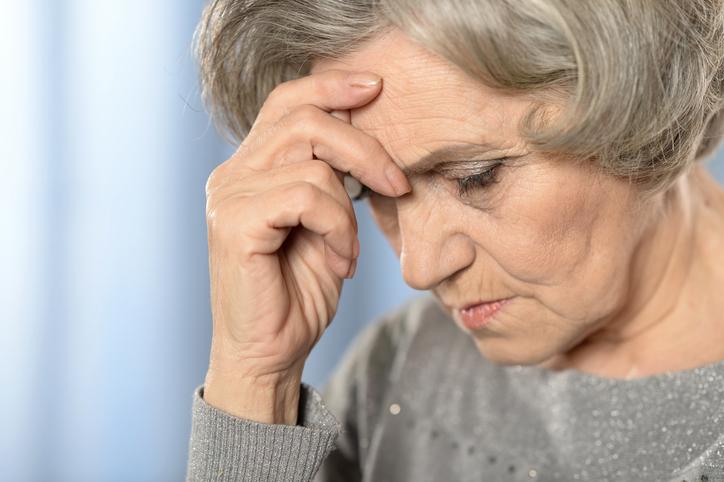20 декабря 2021
A Little-Known Effect of Coronavirus: Loss of Hair


20 декабря 2021
A Little-Known Effect of Coronavirus: Loss of Hair
## Does hair loss affect everyone?
Not everyone who has had COVID-19 has experienced hair loss, as it primarily affects women. It is still difficult to conclusively state what causes this hair loss. Initial explanations for hair loss include the following:
__During illness__, the body experiences stress, the toxic effect of the virus, and the effects of various drugs, including interferon inducers. Strong antibiotics can affect the length of the hair's life cycle and cause early telogen (one of the stages of hair growth, also known as resting phase or loss).
__Prolonged hyperthermia__ fever above 101.3 °F also leads to a premature transition of the hair to the telogen phase.
__The virus and micro thrombosis__ in the scalp could affect the hair and vascular problems and cause=== impaired blood rheology (viscosity).
__When ill__, the body experiences an increased need for micro and macro elements for regeneration. People are often recommended to take zinc to combat COVID-19, which can cause both an imbalance of trace elements and hair loss if accumulated in the body.
__The psycho-emotional stress__ experienced by the sick also had a great influence on the condition of the hair.
__A prolonged stay in a forced position__ (lying down and reanimation patients) could also provoke the so-called ischemic prolapse.
Post-infectious loss can be attributed to situational telogen loss, which is most often compensated for independently but not quickly. The longer the shedding period, the longer the hair regrowth period will be. To exclude accompanying problems that could affect the lifespan of the hair, it is best to seek the advice of a specialist.
## Understanding the scale of the problem
A trichologist will determine the best course of treatment through a comprehensive examination by doing the following:
- Performs trichoscopy and makes a phototrichogram: using a photo and/or video trichoscope, assesses the condition of the scalp, hair growth density, hair thickness, and the condition of the follicular apparatus.
- Prescribes a CBC to assess the general condition of the body.
- Prescribes a biochemical blood test to make sure there are no iron deficiency or other deficiency conditions (microelements or protein deficiency).
- Performs a thyroid screening examination.
## How is hair loss treated?
Treatment is done depending on the results of the examination. You may need to make up for the lack of micronutrients or consult specialists if needed. Plasma or mesotherapy can help.
## What shouldn't you do?
The primary thing that you should not do is make up your own treatment with the recommendations of your friends and the internet. Only a doctor should select the scheme, dietary supplements, special preparations, and procedures for hair growth.













